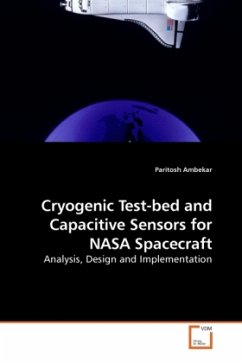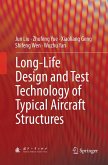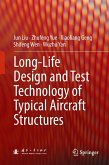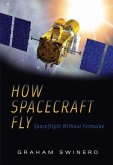Over the last decade, in the world of cryogenic high precision measurements, capacitive sensors have proven to be particularly useful for measuring very small motions. But little academic literature exists on how to implement and utilize this powerful technology. NASA scientists working on the Satellite Test of Equivalence Principle (STEP) spacecraft need to measure extremely small distances at cryogenic temperature. This book presents an innovative approach for the same by using a pendulum between two capacitive plates. The test-bed is used to test the spacecraft payload that contains many differential capacitors. Capacitive simulations are used to calculate the differential capacitance of the pendulum and this information is compared with the data generated by the test-bed. In addition, a theoretical analysis is presented which uses the differential capacitors to measure the rotations of the payload in free space. The inventions and innovations in this book should be useful to those working in the field of precision engineering, cryogenics, robotics and space sciences.
Bitte wählen Sie Ihr Anliegen aus.
Rechnungen
Retourenschein anfordern
Bestellstatus
Storno








